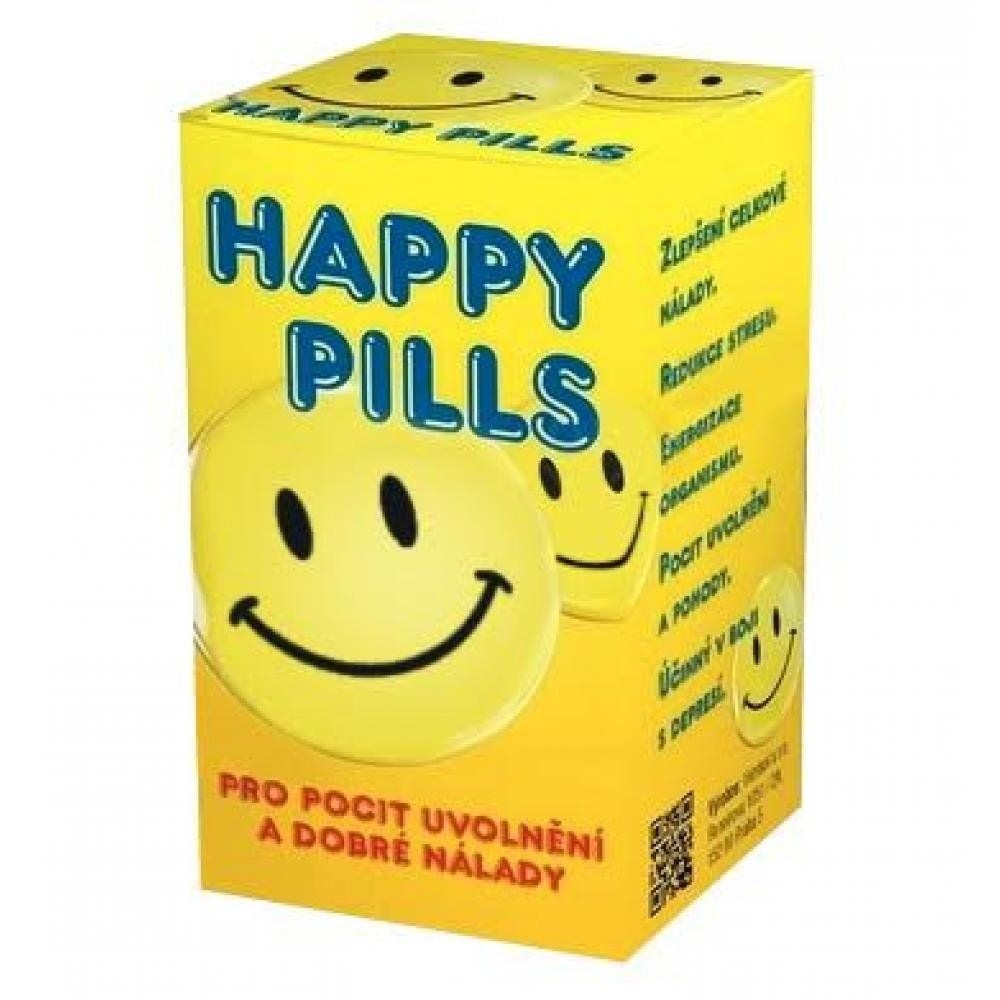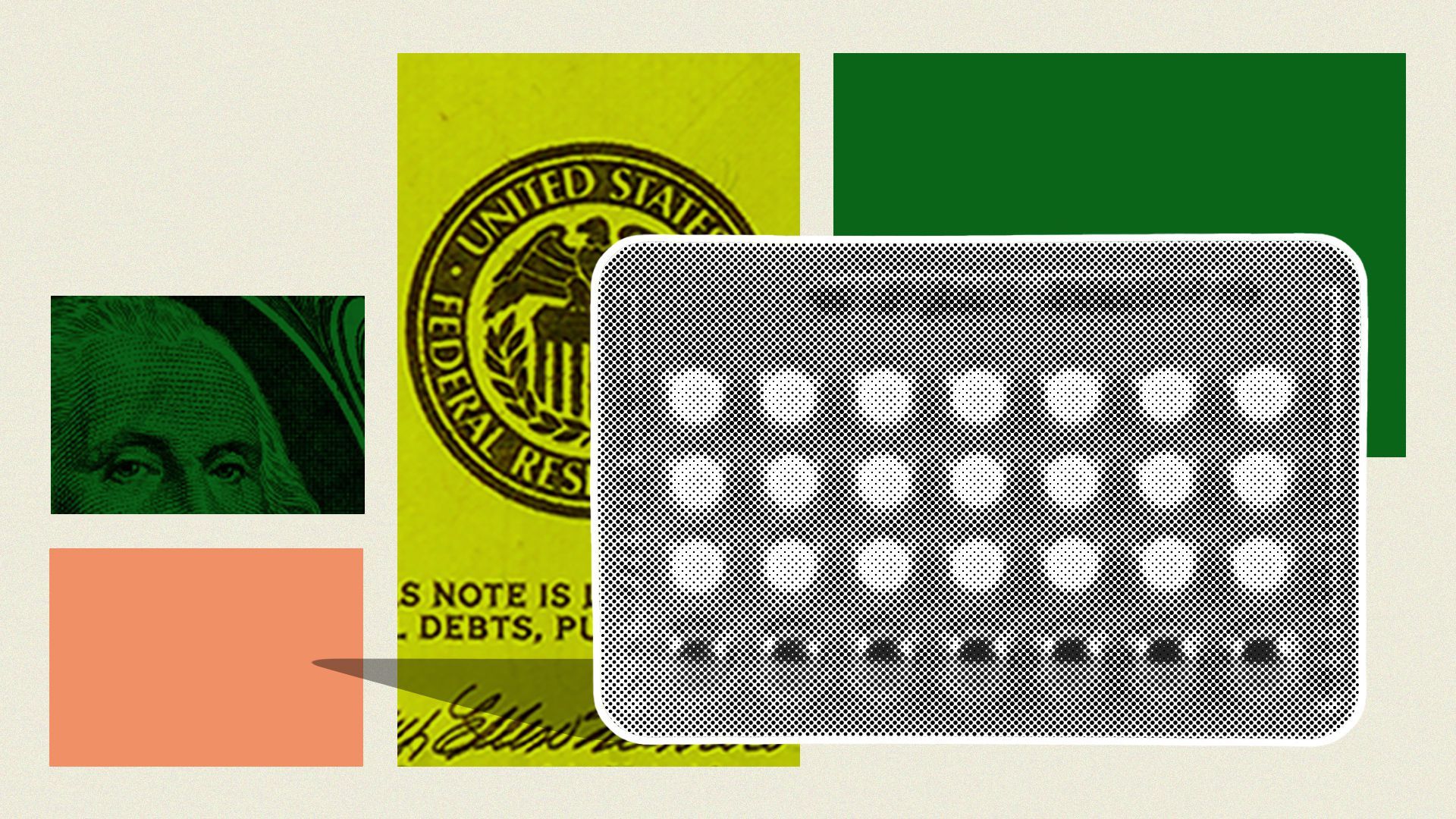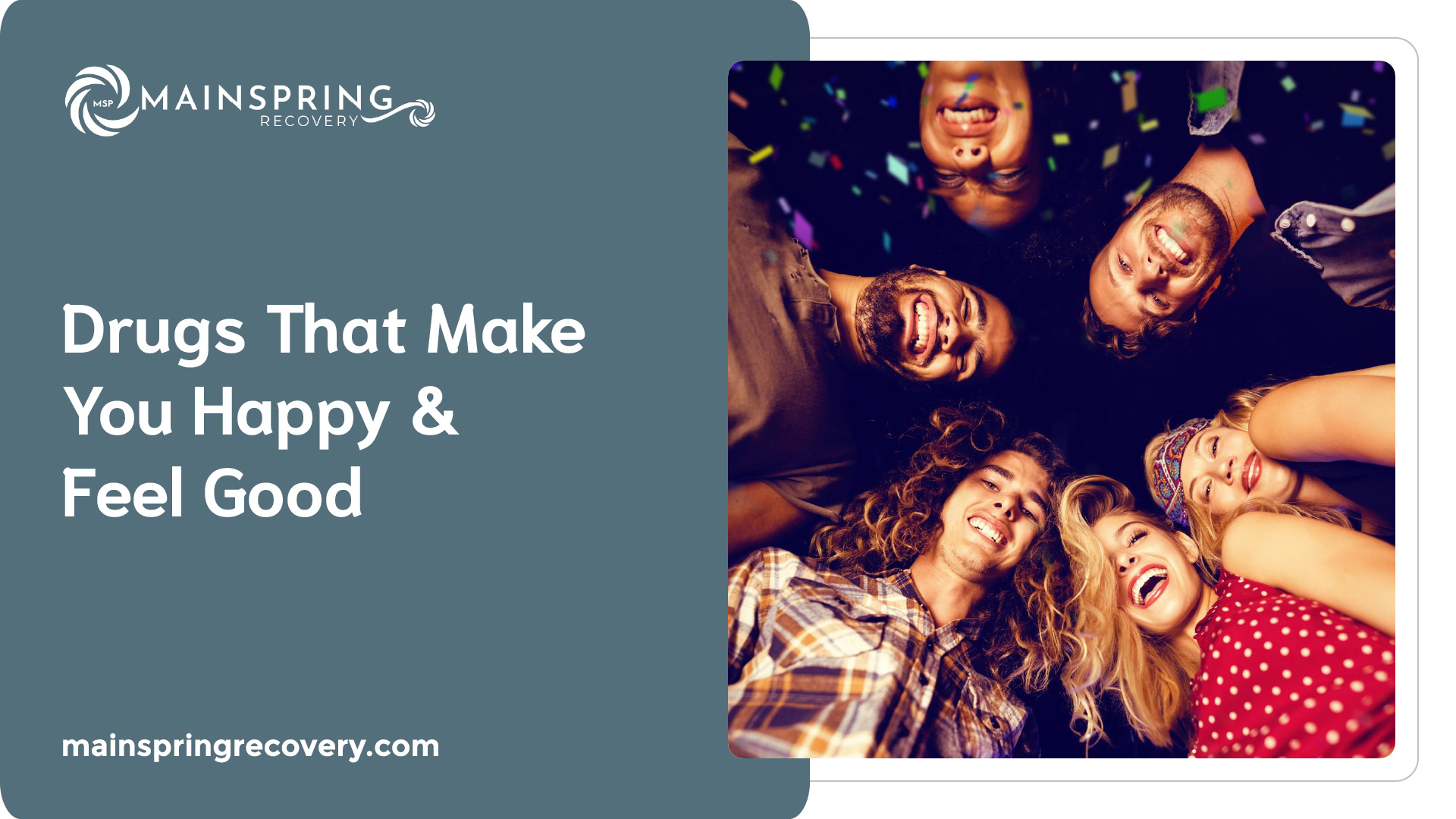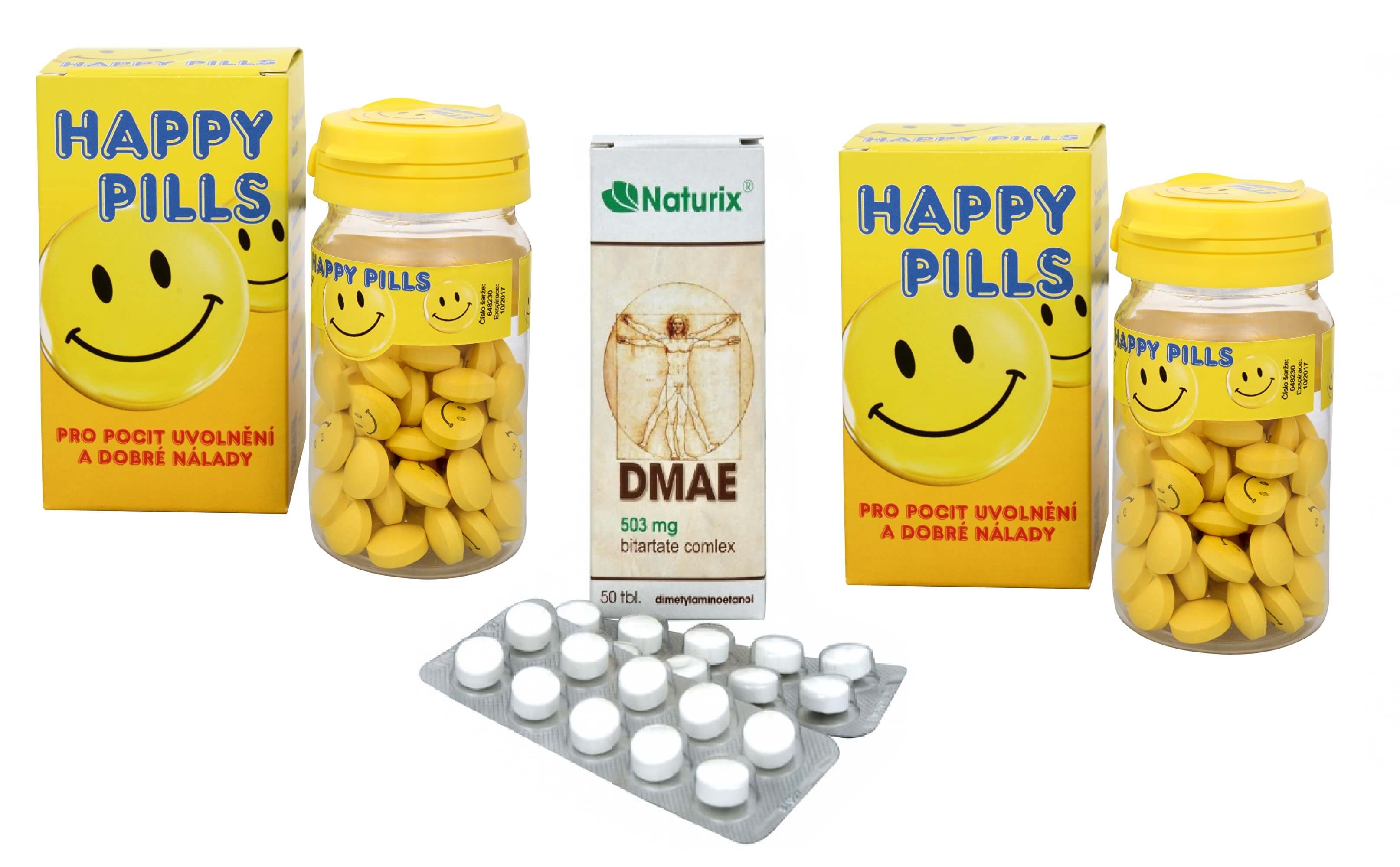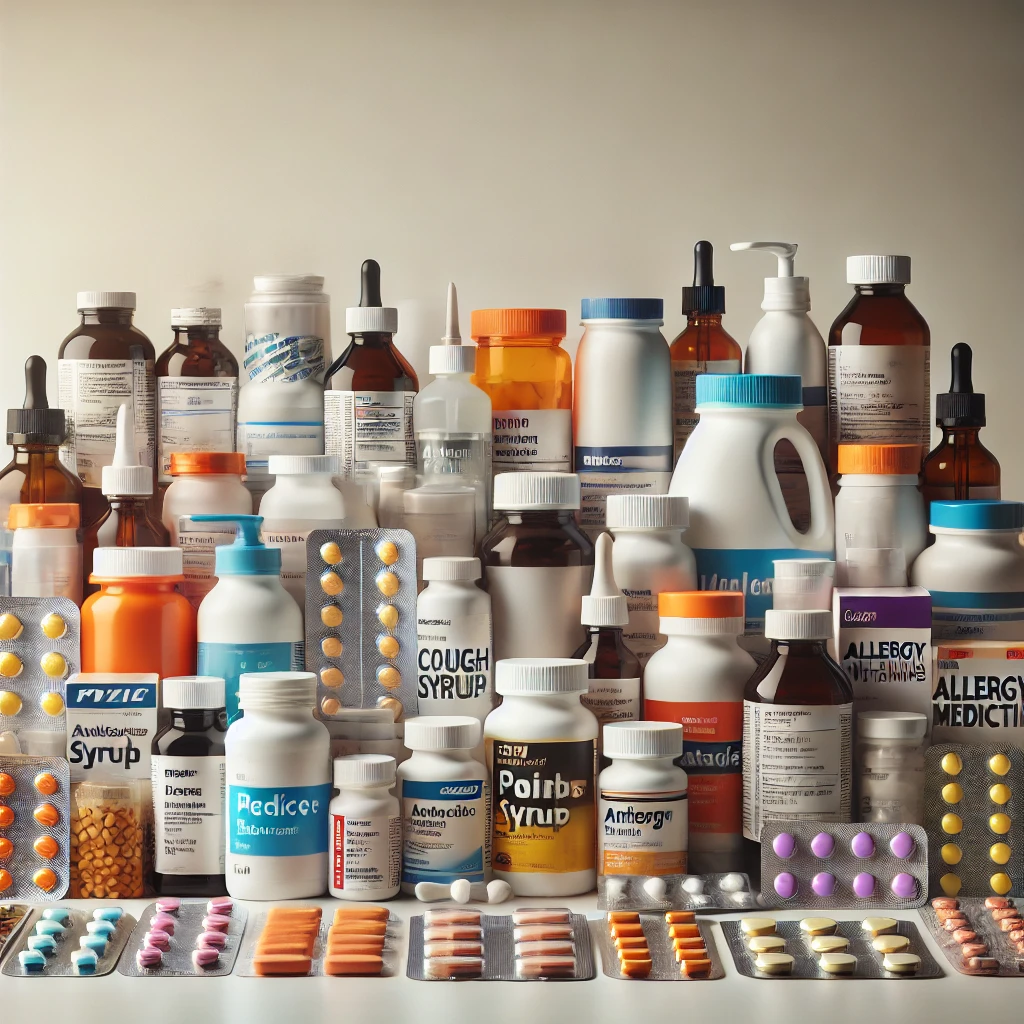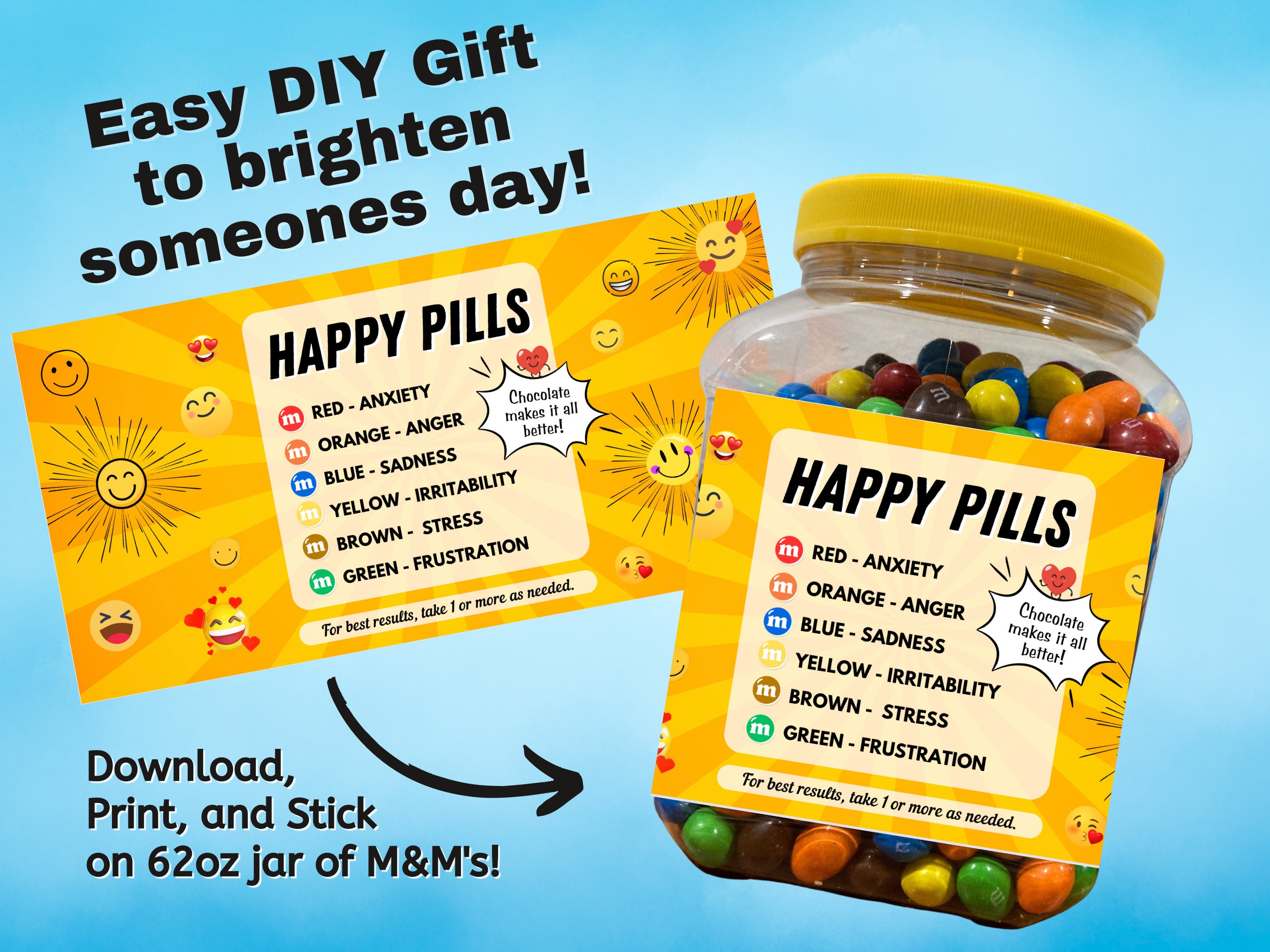Over The Counter Pills That Make You Happy
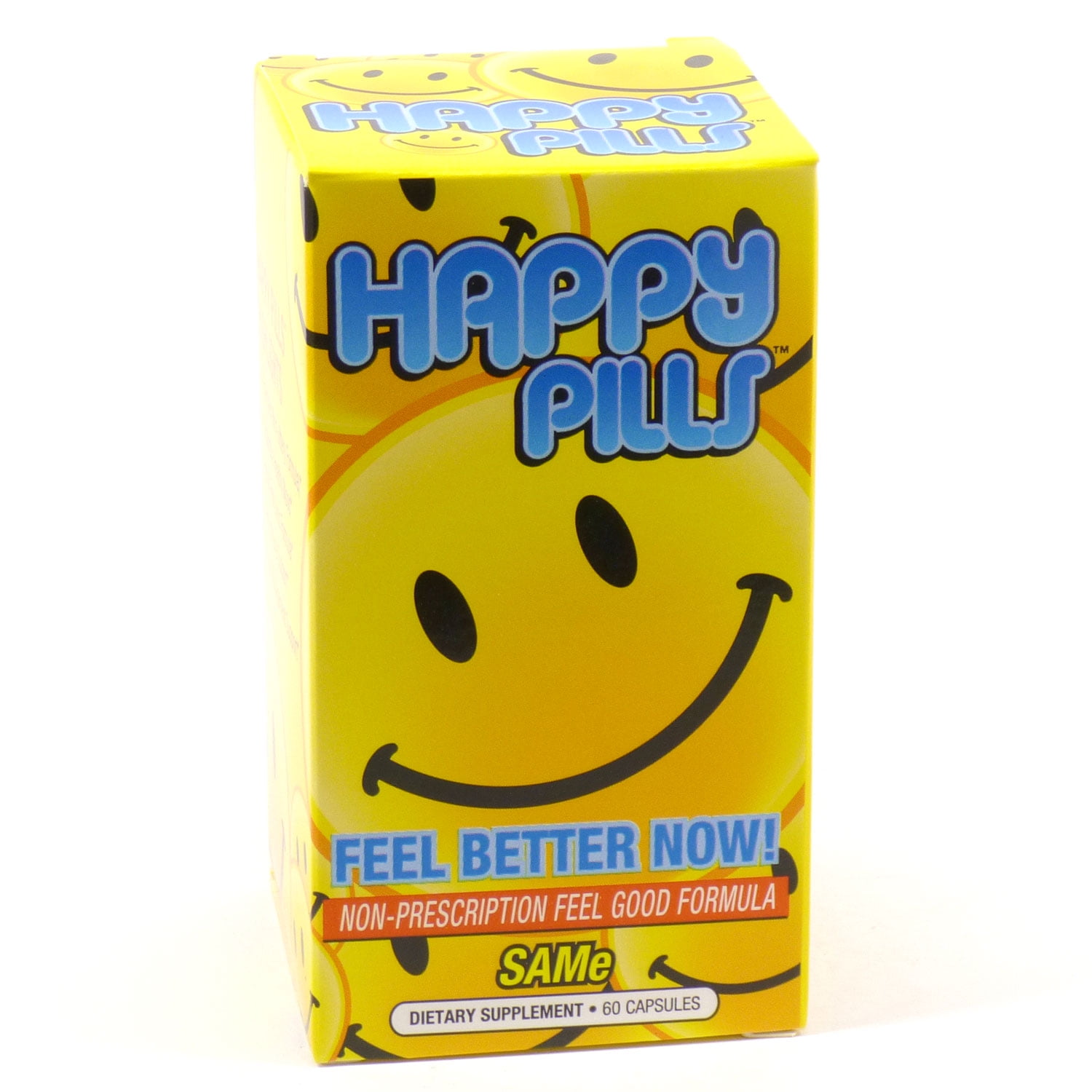
The pursuit of happiness is a universal human desire, and for some, the path to contentment may seem to lie within the aisles of their local pharmacy. Over-the-counter (OTC) medications and supplements promising mood enhancement and stress reduction are increasingly prevalent, raising questions about their efficacy, safety, and the potential implications for public health.
This article will explore the landscape of OTC "happiness" pills, examining their ingredients, mechanisms of action, regulatory oversight, and expert opinions on their appropriate use.
The Rise of OTC Mood Boosters
The market for OTC mood enhancers has experienced significant growth in recent years, driven by factors such as increased stress levels, a growing awareness of mental health, and a desire for readily accessible solutions. These products are marketed under various names, often emphasizing natural ingredients and promising benefits such as improved mood, reduced anxiety, and enhanced cognitive function.
Key Ingredients and Mechanisms
Many OTC "happiness" pills contain ingredients like St. John's Wort, SAMe (S-Adenosylmethionine), L-Theanine, and various vitamins and minerals. St. John's Wort, for example, is an herb that has been used traditionally to treat mild to moderate depression, though its effectiveness compared to prescription antidepressants remains a subject of debate. SAMe is a naturally occurring compound involved in various biochemical reactions in the body, and some studies suggest it may have antidepressant properties.
L-Theanine, commonly found in tea, is believed to promote relaxation without causing drowsiness. Vitamins like Vitamin D and B vitamins are often included, as deficiencies in these nutrients have been linked to mood disorders. The exact mechanisms of action vary depending on the ingredient, and in many cases, are not fully understood.
Regulatory Landscape and Concerns
The regulatory oversight of OTC supplements in the United States, primarily by the Food and Drug Administration (FDA), differs significantly from that of prescription medications. OTC supplements are not subject to the same rigorous pre-market approval process, meaning that manufacturers are not required to prove their safety and efficacy before selling them to the public.
This lack of stringent regulation raises concerns about product quality, accurate labeling, and potential adverse effects. The FDA can take action against companies making false or misleading claims, or if a product is found to be unsafe, but the burden of proof often lies with the agency, making proactive enforcement challenging.
Expert Perspectives and Cautions
Medical professionals and mental health experts offer varying perspectives on the use of OTC mood enhancers. Some acknowledge that certain ingredients may provide modest benefits for some individuals, particularly for managing mild symptoms of stress or anxiety.
However, they generally caution against relying solely on OTC products to address serious mental health conditions.
"It's crucial to remember that self-treating with OTC pills can be risky, especially if you have an underlying mental health disorder,"says Dr. Emily Carter, a psychiatrist at the National Institute of Mental Health. "These products may interact with prescription medications, mask symptoms that require professional attention, or even worsen existing conditions."
Experts emphasize the importance of consulting with a healthcare provider before taking any OTC supplement, especially if you are already taking medication or have a pre-existing medical condition. They also stress the importance of adopting a holistic approach to mental well-being, including lifestyle changes such as regular exercise, a healthy diet, adequate sleep, and stress management techniques.
Potential Risks and Side Effects
While many OTC mood enhancers are generally considered safe when taken as directed, they can still cause side effects. St. John's Wort, for example, can interact with several medications, including antidepressants, birth control pills, and blood thinners.
Other potential side effects include nausea, headaches, digestive issues, and allergic reactions. It's also important to be aware that some products may contain hidden ingredients or contaminants that are not listed on the label.
Ethical Considerations
The marketing of OTC "happiness" pills also raises ethical considerations. Some companies may exploit vulnerable individuals who are seeking quick fixes for their emotional struggles.
It is imperative to approach claims made by manufacturers with a healthy dose of skepticism and to rely on evidence-based information from credible sources.
Transparency in labeling, responsible marketing practices, and clear communication of potential risks and limitations are essential to ensure that consumers can make informed decisions.
Conclusion
Over-the-counter pills promising happiness offer a tempting solution for those seeking to improve their mood and reduce stress. However, it is crucial to approach these products with caution and to recognize that they are not a substitute for professional mental health care.
A balanced approach that combines lifestyle modifications, professional guidance, and, if appropriate, evidence-based treatments, remains the most effective path to sustained well-being.
Consumers should prioritize their mental health by consulting with healthcare professionals and making informed decisions based on credible information rather than relying solely on the promises of OTC remedies.

